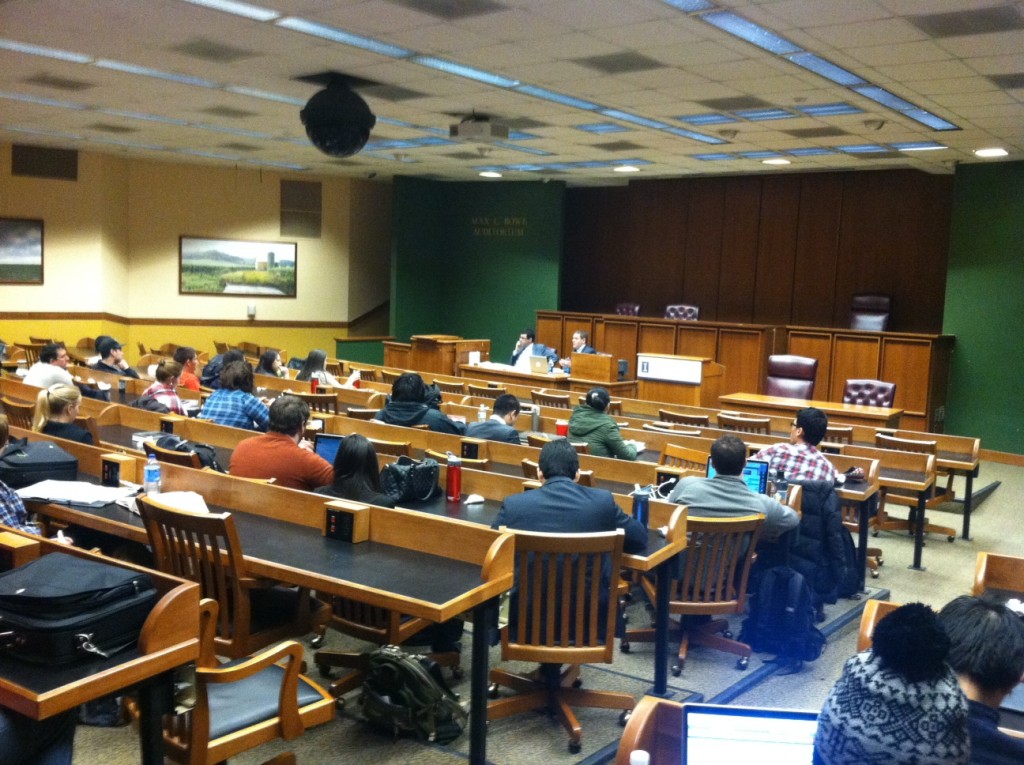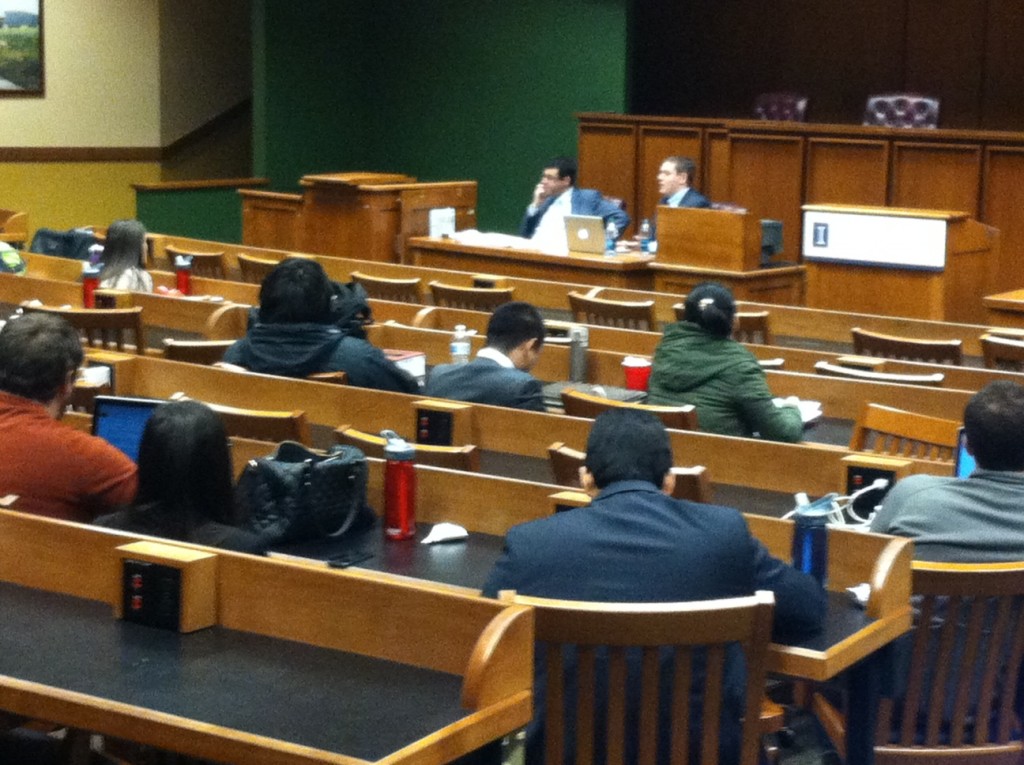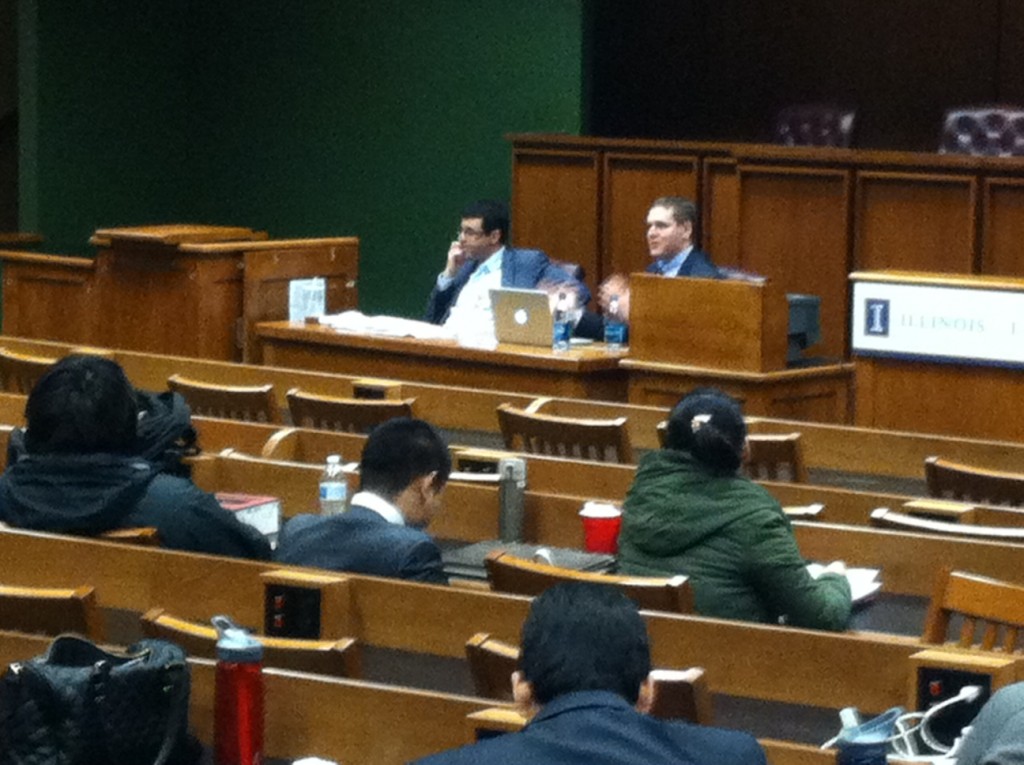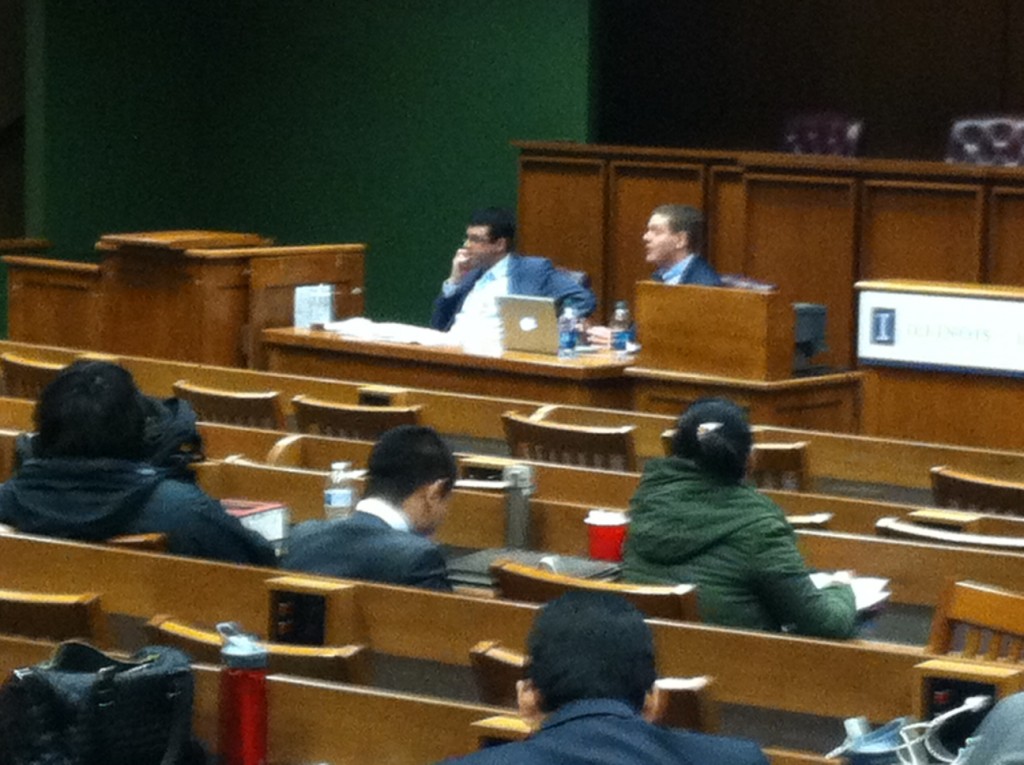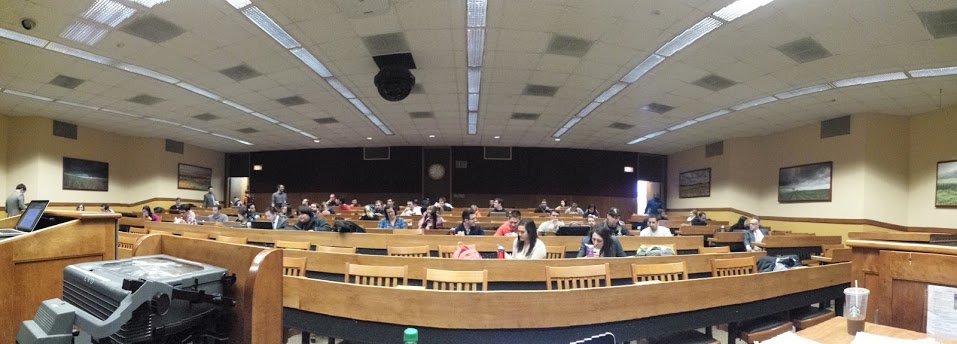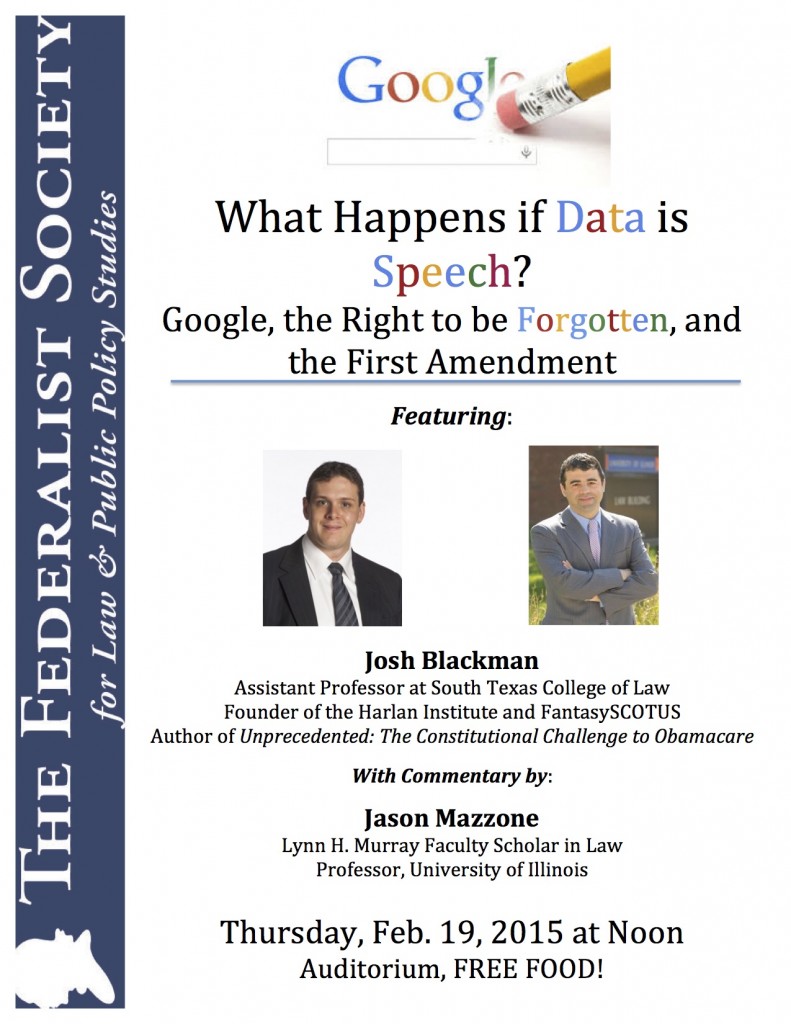I have uploaded to SSRN a revised version of “The Constitutionality of DAPA Part II: Faithfully Executing the Law” that will be published in the Texas Review of Law & Politics. It still has to go through a few more rounds of editing, but the body is solid.
Here, I want to focus on one aspect of Judge Hanen’s opinion that has been widely criticized–the fact that he quoted President Obama’s statements that he lacks the power to independently defer deportations. For purposes of the Take Care Clause, these sorts of statements–disclaiming power and then claiming it after congressional defeats–is relevant to show good faith compliance with the Constitution.
—
The President’s seventh, and most pointed comments, came on March 6, 2014, during an appearance on Univision.[1] The host asked him about “Guadalupe Stallone from California, [who] is undocumented. However, her sons are citizens.”[2] She feared deportation, even though her children could remain in the country. The President explained that he could not help Ms. Stallone. “[W]hat I’ve said in the past remains true, which is until Congress passes a new law, then I am constrained in terms of what I am able to do.”[3] DACA, he admitted “already stretched my administrative capacity very far.”[4] The President could go no further because “at a certain point the reason that these deportations are taking place is, Congress said, ‘you have to enforce these laws.’”[5] Citing Congressional power to distribute funding, the President reiterated, “’I cannot ignore those laws any more than I could ignore, you know, any of the other laws that are on the books.”[6] Under DAPA, Ms. Stallone’s deportation would almost certainly be deferred because she is a mother of minor citizen children. This is true, even though as the President explained, Congress imposed laws, and funded the agencies, so the President had to enforce the law.
However, leading up to November 2014, the President’s position evolved from “impossible” to “absolutely.” During this process, the President announced that in “the face of that kind of dysfunction, what I can do is scour our authorities to try to make progress.”[7] What limits exist on how far he can scour? The President explained that to resist the “temptation to want to go ahead and get stuff done” when “there’s a lot of gridlock . . . .I’ve tried to . . . make sure that the Office of Legal Counsel, which weighs in on what we can-and-cannot do, is fiercely independent, they make decisions, we work well within the lines of that.”[8]
While claims of a supine OLC are nothing new—as the President has disregarded OLC’s opinion regarding “hostilities” in Libya[9]—this statement is particularly implausible because it was the President who personally pushed his legal team to go further and exert even broader assertions of executive power. The New York Times reported that the administration urged the legal team to use its “legal authorities to the fullest extent. . . .”[10] When they presented the President with a preliminary policy, it was a “disappointment” because it “did not go far enough.”[11] Scouring the bottom of the presidential barrel for more power, Obama urged them to “try again.”[12] And they did just that. Politico reported that over the course of eight months, the White House reviewed more than “60 iterations” of the executive action.[13] The final policy, which ultimately received the President’s blessing, pushed presidential power beyond its “fullest extent,” as it embodies discretion in name only. Further, the policy is in tension with numerous statements the President personally made explaining why he could not act alone.
The Washington Post Fact Checker awarded this reversal an “upside-down Pinocchio for his flip-flop.”[14] While flip-flops are par for the course in politics, and usually warrant no mention in constitutional discourse, they are salient for the “Take Care” clause. When the President repeats over and over again that he lacks the power to stop deportations, it has special salience that the Executive acknowledges the limitations imposed by the Separation of Powers—something the President rarely does.[15] This is true for Presidents “learned and unlearned in the law.”[16]
After the President disclaims inherent executive power, it sends a signal to the Congress: when voting, the Legislature can rest assured that if they vote against the law, it will not be done anyway. But when the President suddenly “discovers” such authority after Congress rebuffs his efforts, the usual framework for the democratic process and the rule of law itself is turned upside down.
